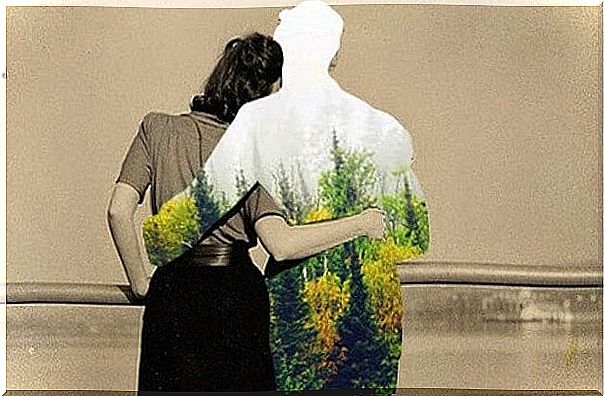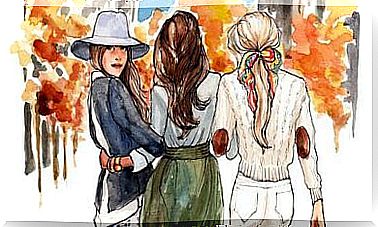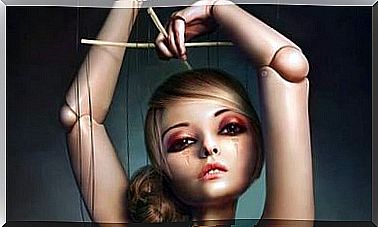The Relationship Between Consumerism And Happiness

The problem with consumerism is that it carries a dishonest promise: if you buy the things you want, you will find happiness. That promise is based on an idea that has been marketed since World War II. An idea that is firmly rooted in our current society. And that is that happiness is closely linked to the ability to buy things. So the amount of money you have available to buy for.
It also advertises that happiness is a result of what you have purchased. If you have a better television, you will be happier. If your clothes have been expensive, you feel worth more. If you buy the latest car, you will be more respected. Worst of all, it ends up being true, at least when it comes to appearance. It does not happen because it is true in itself. It happens because the individuals who value these inventions make them their truth.
“He’s the type who spends all his life doing things he hates in order to get money he does not need and buy things he does not want so he can impress people he does not like. . ”
–Emile Henry Gauvreau–
In other words, if you feel that a suit will give you greater dignity, you will feel less worthy when you are wearing ordinary clothes. If you think a new TV will give you more well-being, you will not feel comfortable until it is in your living room. Etc.
No matter what, you will realize that this way of thinking is not true when a month has passed since you bought what you thought was so indispensable, but you are still bored, are just as unhappy and feel worthless . And then the mill starts again.
The truth is that consumerism frees us from a big problem. They free us from the need to find meaning in our lives. They help us focus on the outside, instead of exploring our inside. It’s easier to think of how to get hold of a watch than to have to define the things we could do to add value and meaning to our world.
Consumerism and exclusion
Our current society certainly treats people differently, in terms of whether they are wearing expensive clothes or driving in a luxury car. It is normal for them to get special treatment or several benefits. And that’s without having a conversation with them or knowing what kind of person it’s. Many people think that they will have to indulge in rich people. At the same time , money has become a guarantee of respect.

The same thing happens the other way around. People with a simpler exterior are easier to ignore. Maybe they are even denied access to certain places or are exposed to jokes and gossip. Everyone wants to be treated with care. Therefore, it is easy to fall into the trap of believing that in order to achieve this, it is enough – and even indispensable – to go shopping and change one’s clothing style. It makes us believe that consumerism is a necessity.
The difficulty with this mechanism is that it is simply too fragile. If you take off the expensive clothes, you will feel inferior again. If you put it on again, you will regain your dignity. The respect you have for yourself will be a disguise and depend entirely on the opinion of everyone else. When you agree to play by those rules, you agree to accept your self-hatred. You acknowledge that you have no self-esteem. And it’s a dangerous road.
Joy and embraces
One of the most worrying aspects of impulsive shopping is that it follows a pattern reminiscent of every other form of abuse. In addition, it certainly provides a similar sense of well-being that addicts achieve when they take the drug they are addicted to. It gives a great joy, which gradually becomes smaller and smaller. And each time, it takes more and more shopping trips to be able to produce this joy.

It is typical for people who feel unhappy to shop constantly. It defines those people who have a void inside and who are unable to find peace. Shopping serves as a temporary antidote to the feeling of being insignificant.
No matter what, the joy can not be found in consumption. Many studies have shown that the situations that bring real joy have more to do with experiences one has than with things and consumerism. An experience sets movement in your inner world and gives you life. Shopping is in itself also an experience, but it only gives you a superficial and transient joy.
You almost never remember the moments when you bought a certain thing. But you almost always remember the memory of your first kiss, a funny situation, or a day when you were recognized for doing a good job.
What gives you the most joy and happiness is to feel closely connected to the world and to other people. This can be achieved by attending joint events, or being an active part of a relationship or a family. And also by investing your time in your friends and showing interest in the world you live in. In other words, happiness and joy are achieved as a result of embracing the world and life. Happiness is not associated with consumerism.









